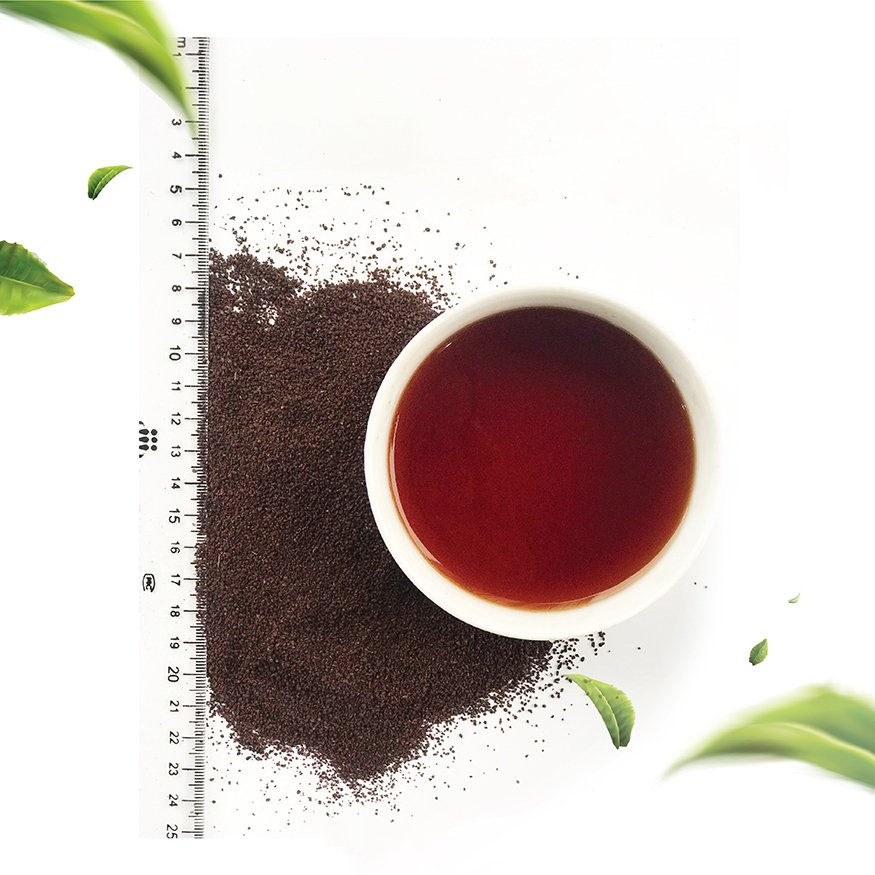- Introduction to High-Grade and Commercial Black Tea
In the black tea industry, there is a clear distinction between high-grade black tea and commercial black tea. This classification is crucial for producers, traders, and businesses looking to position their products effectively in the market. Understanding the differences in standards and market segments helps companies cater to diverse consumer needs and optimize their product lines.
- Standards of High-Grade vs. Commercial Black Tea
- High-Grade Black Tea:

This type of tea is often produced using traditional, meticulous methods. The leaves are carefully handpicked, usually consisting of the top buds and young leaves. High-grade teas are characterized by whole leaves, minimal breakage, and a complex flavor profile with distinct aromas and lingering aftertastes.
- Commercial Black Tea:

Produced for mass consumption, commercial black tea uses machine-harvested leaves and often includes broken leaves or fannings. The focus is on consistency, affordability, and strong flavors suitable for tea bags or blends. While less refined than high-grade teas, commercial black tea plays a vital role in the beverage industry due to its accessibility and practicality.
- Market Segments
- High-Grade Black Tea Market: Targets niche markets, including premium tea shops, luxury hotels, and connoisseurs who value tea quality and authenticity. Often sold as loose-leaf teas, high-grade black teas cater to customers seeking a sophisticated tea-drinking experience.
- Commercial Black Tea Market: Geared toward mass-market retailers, supermarkets, and fast-moving consumer goods (FMCG). It’s popular in pre-packaged tea bags, ready-to-drink bottled teas, and blends used in milk tea, iced tea, and other beverages.
- Key Differences in Flavor and Price
- Flavor: High-grade black tea offers layered, delicate flavors with sweet, floral, or malty notes. Commercial black tea tends to be bold, astringent, and quick-brewing — ideal for strong, fast infusions.
- Price: High-grade black tea commands a higher price due to its labor-intensive production and superior quality, while commercial black tea is more budget-friendly and designed for volume sales.
- Conclusion
Recognizing the differences between high-grade and commercial black tea allows businesses to better target their desired customer base. While high-grade tea appeals to those seeking an artisanal experience, commercial tea dominates the mass market with convenience and affordability. A strategic approach to these two segments helps brands strengthen their market presence and meet consumer expectations.
For expert advice on sourcing high-grade or commercial black tea for your business, please contact Nam Son today!
